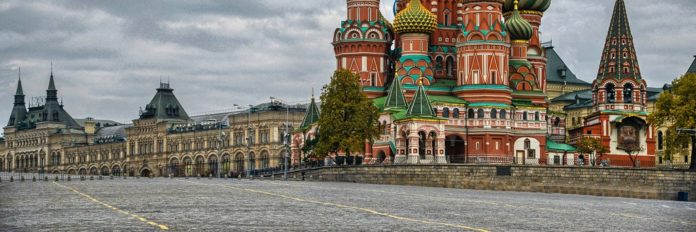
Russian President Vladimir Putin has been struggling of late, with much of the world having turned against him and his unwinnable war in Ukraine.
In fact, as we approach the one-year mark of the invasion, we find ourselves with an opportunity to reassess the global economic response to Putin’s oppressive folly…particularly as it pertains to the competing restrictions on Russian energy products.
And, from what the world can tell, Putin’s attempts to mitigate the fiscal damage have completely backfired.
Russian President Vladimir Putin’s ploy to use oil and gas exports as “a weapon of financial war” in its campaign to conquer Ukraine “is increasingly backfiring, threatening the core of Russia’s beleaguered economy and curtailing its geopolitical influence,” The Wall Street Journal reports.
Putin had calculated that cutting off natural gas to Europe, and especially Germany, would leave Europe’s economy in shambles and its citizens freezing, weakening the continent’s support for Ukraine. But “warm weather and ample supplies from other producers have derailed that effort so far,” and European gas prices on Monday fell to levels not seen since September 2021, the Journal reports. “The Russian oil industry, meanwhile, is having trouble adapting to a European Union embargo and a U.S.-led price cap on its crude.”
Just how bad are things?
Before Putin’s Ukraine invasion, Russia provided Germany with 60 percent of its natural gas. This reliance on Russian gas “initially gave Moscow the upper hand in its economic war with the West,” as energy prices shot up in Europe, “sending a gusher of revenue to Moscow,” the Journal reports. “The money helped Russia fund the war in Ukraine and placate its population at home with handouts.” Oil and gas provided 45 percent of Russia’s federal budget in 2021.
Moscow cut off its pipelines to Germany in August, but this effort to “blackmail Berlin” has failed, Andrey Gurkov writes at Germany’s DW. “Germany is starting 2023 without Russian gas, and with no need to worry about the loss,” while Russia’s state-owned Gazprom has lost its most important foreign customer. Berlin’s expanding military support for Kyiv “can be seen as further, indirect evidence of the failure of Putin’s ‘gas special operation,'” Gurkov adds.
“The German problem, or the central European problem, was that … half of [our eggs] were in the basket of Putin,” German Economy Minister Robert Habeck said earlier in January. “He destroyed that.”
As the global community continues to rage against Russia’s Ukrainian aggression, the Kremlin has found some solace in a renewed relationship with China, allowing Russia to replace some economic fallout with their far east pals. But, in yet another sign of severe miscalculation by Putin, this has only made up about one tenth of the losses from Europe.








